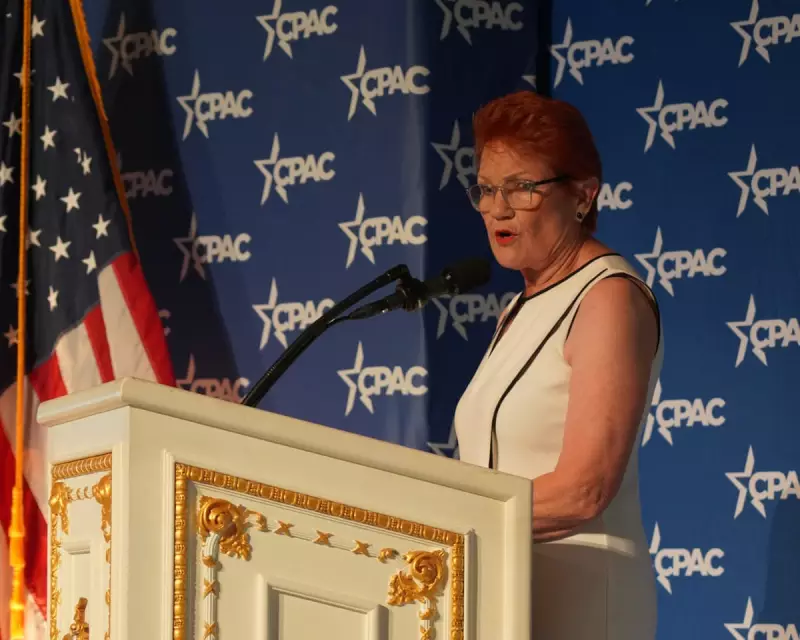
Australian Senator Pauline Hanson has sparked controversy after choosing to skip crucial parliamentary proceedings to address a high-profile conservative conference at Donald Trump's exclusive Mar-a-Lago resort in Florida.
Premium Political Access Comes at a Price
The exclusive gathering, which reportedly charges attendees a staggering £25,000 per ticket, has raised eyebrows among political commentators and constituents alike. Hanson's decision to prioritise the luxury event over her parliamentary responsibilities has drawn sharp criticism from political opponents.
Parliamentary Duties Take Back Seat
While Hanson was scheduled to participate in important parliamentary debates in Canberra, the One Nation leader instead travelled to the United States to join other conservative figures at the prestigious Palm Beach venue. The timing of her absence has been called into question given current legislative priorities.
Mar-a-Lago: The New Conservative Hub
Donald Trump's Mar-a-Lago estate has increasingly become a hub for conservative gatherings since his presidency ended. The resort now regularly hosts high-ticket political events that attract international right-wing figures seeking access to Trump's inner circle.
Political Backlash and Defence
Critics have slammed Hanson's decision as inappropriate, questioning her commitment to Australian parliamentary democracy. "When you're elected to serve the people, your first duty should be in the parliament, not at luxury resorts overseas," one political analyst commented.
Defenders of Hanson's trip argue that international networking and sharing conservative ideas across borders represents valuable political work. However, the eye-watering ticket price has led to questions about the event's accessibility and transparency.
Growing Trend of Overseas Political Engagements
This incident highlights an increasing trend of politicians prioritising international speaking engagements over domestic responsibilities. The controversy raises important questions about where elected officials' priorities should lie and what constitutes appropriate use of their time while serving public office.





